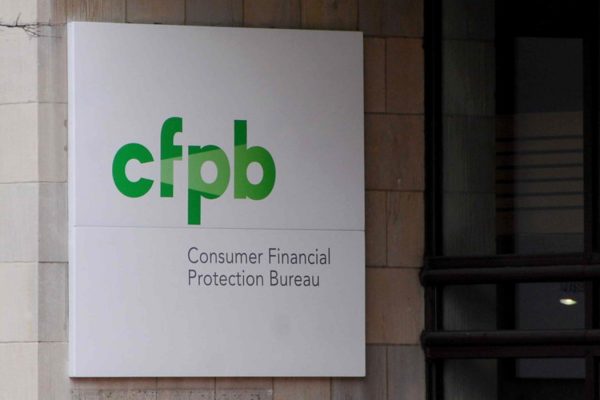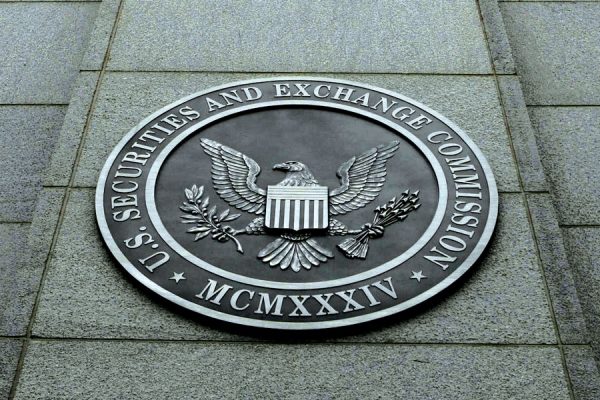In The News: New report about private equity in home health raises red flag, authors say (McKnight’s Home Care)
A new report reveals that the top five private equity firms collected over $850 million in Medicare revenue and operated almost 280 locations in 2020. These findings should sound an alarm bell for antitrust regulators, according to the report’s authors, Diana L. Moss, president of the American Antitrust Institute, and Oscar Valdes Viera, research manager for Americans for Financial Reform. They spoke to McKnight’s Home Care in a Newsmakers podcast.










